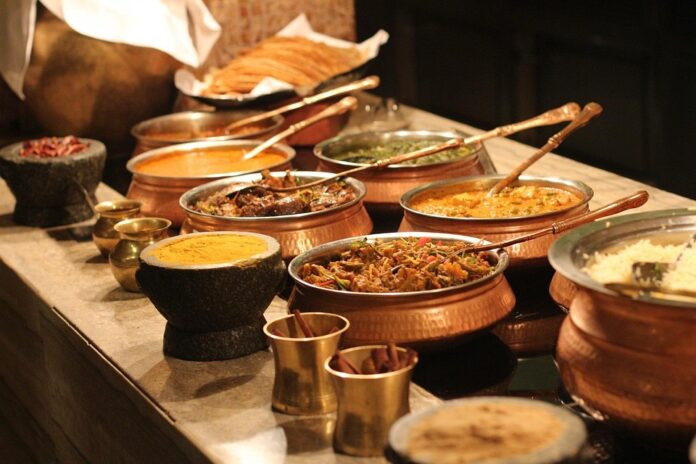Introduction
Airlines invest a significant amount of time and resources into selecting beverages for their onboard service and duty-free sales. The choices they make can have a significant impact on customer satisfaction, brand perception, and ultimately, their bottom line. In this report, we will explore the process airlines go through to select beverages for their onboard offerings, as well as the factors that influence their decision-making.
Factors Influencing Beverage Selection
Customer Preferences
One of the primary factors that airlines consider when selecting beverages for onboard service is customer preferences. Airlines often conduct surveys and gather feedback from passengers to understand which beverages are most popular among their target demographic. For example, some airlines may choose to offer a selection of local craft beers to cater to passengers who appreciate artisanal beverages, while others may focus on stocking well-known international brands to appeal to a broader audience.
Brand Partnerships
Another important factor in beverage selection is brand partnerships. Airlines often collaborate with well-known beverage companies to offer exclusive products onboard. These partnerships not only allow airlines to provide passengers with a unique selection of beverages but also help to enhance their brand image. For example, Emirates has partnered with Moët & Chandon to offer passengers a selection of premium champagne onboard their flights.
Cost and Profitability
Cost and profitability are also key considerations for airlines when selecting beverages for their onboard service and duty-free sales. Airlines must strike a balance between offering a diverse selection of beverages that will appeal to passengers and ensuring that their choices are financially viable. Factors such as the cost of purchasing and storing beverages, as well as the potential for upselling through duty-free sales, all play a role in the decision-making process.
Beverage Selection Process
Market Research
Before selecting beverages for onboard service, airlines typically conduct market research to identify trends and preferences in the beverage industry. This research may involve analyzing sales data, consumer behavior, and industry reports to gain insights into which beverages are popular and in demand. Airlines may also consult with industry experts and beverage suppliers to get a better understanding of market dynamics.
Tasting Panels
Once airlines have identified potential beverage options, they often organize tasting panels to evaluate the quality and taste of each product. Tasting panels typically consist of a diverse group of individuals, including airline staff, industry experts, and sometimes even frequent flyers. These panels provide valuable feedback on the flavor profile, aroma, and overall appeal of each beverage, helping airlines make informed decisions about which products to include in their onboard offerings.
Negotiation and Procurement
After selecting the final lineup of beverages, airlines enter into negotiations with suppliers to secure the best possible pricing and terms. Airlines may work with multiple suppliers to source a variety of beverages, ranging from soft drinks and juices to alcoholic beverages and specialty cocktails. Factors such as volume discounts, exclusivity agreements, and marketing support may all come into play during the negotiation process.
Industry Insights
Financial Data
The global airline beverage market is estimated to be worth billions of dollars, with airlines spending a significant portion of their budget on procuring beverages for onboard service. According to industry reports, the average airline spends between $0.50 and $1.00 per passenger on beverages, depending on the length of the flight and the class of service. This expenditure can add up quickly, especially for airlines that operate a large number of flights each day.
Actual Companies
Several airlines are known for their innovative beverage selections and partnerships. For example, Singapore Airlines is renowned for its extensive wine list, which includes rare vintages and award-winning selections. Qatar Airways has partnered with luxury brand Bvlgari to offer passengers exclusive amenity kits and toiletries, including fragrances and skincare products. These partnerships help airlines differentiate themselves from competitors and provide passengers with a premium onboard experience.
Conclusion
In conclusion, the process of selecting beverages for onboard service and duty-free sales is a complex and multifaceted one. Airlines must consider a variety of factors, including customer preferences, brand partnerships, cost and profitability, and industry trends, to create a compelling beverage offering that enhances the overall passenger experience. By investing time and resources into researching, tasting, and negotiating with suppliers, airlines can ensure that their beverage selection is both appealing to passengers and financially sustainable in the long run.


